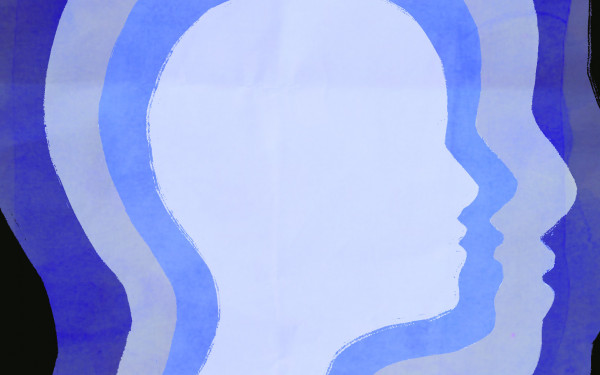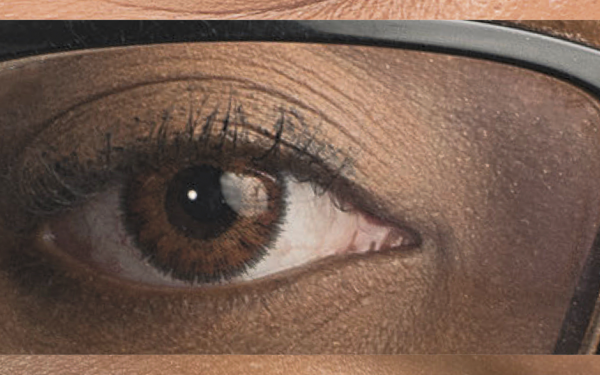Editorial: Saving the Environment, Saving Ourselves
Sustainability Is MoreThan Just an Environmental Issue
Things are pretty bad right now.
Between a series of overlapping crises occurring at home and abroad, it’s up to us to decide what future we’ll move towards. Do we drift on the warming winds of the status quo, spiralling towards the death of our species and planet, or do we fight back?
We choose to fight back.
The environmental crisis is a call to rethink how we live our lives on this Earth. Capitalism is pushing the world towards social and ecological collapse, and the task of imagining and creating a new way of living becomes more urgent by the day—as does seeing the dangers of our current path. Because a new way of living is coming our way, whether we’re ready or not.
For many around the world and here in Canada, it’s already here. Between floods, droughts, wildfires, and melting ice in our mountains and our arctic, the crisis is now.
This crisis is about more than greenhouse gas emissions. It is the concrete result of an established system of power which demands constant and increasing exploitation of the Earth’s resources. In order to truly change our future we need to rip up the root causes of this moment.
To build sustainably, we must challenge the logic of capital: The idea that increasing profits can be justified at any cost to humans or the environment. The nature of capitalism is exponential and limitless growth, so capitalism will always stand in conflict to the goals environmentalists hope to achieve. To create sustainability, we need to recreate the economy.
At Concordia, in Montreal, and all over the world, people are doing just that. From Indigenous peoples on the front lines of the global struggle against destructive resource extraction, to movements which pressure large institutions to divest their holdings in fossil fuels, to people building sustainable, accountable, and democratic businesses to serve community needs, people everywhere are responding to the environmental crisis by transforming the world around them for the better.
This tension between the direction that we’re heading and the possibilities of something better is at the base of this special issue. In the footnotes of this ongoing crisis, in the hearts and minds of the people working towards sustainable life, lies the possibility of not only avoiding the worst effects of climate change, but building a world based on justice and righting historical wrongs.
We hope that this issue will encourage our readers to take action and incorporate sustainability into their lives. That can mean many different things on many levels—changing our own habits and encouraging our loved ones to do the same, or working within our schools to create more sustainable infrastructure. It can mean on the ground organizing and movement building, just as it can mean directly challenging extractive projects in our home towns. Perhaps most of all, it means building the relationships of care and accountability that will help us weather the storms to come.
A sustainable world means a world where the injustices of history that brought us to the brink are addressed and made right. It means working alongside Indigenous peoples to decolonize the they stewarded for thousands of years before the arrival of European settlers. It means responding to disasters as they happen, prioritizing the most vulnerable. It means allowing people displaced by climate change to migrate to safe areas of the world. It means a fair distribution of resources to prevent desperate workers from joining extractive industries. It means direct, democratic, community control of the resources that affect our lives.
In other words, we need to change everything. It’s a process which has already started—things are kicking off everywhere. In this special issue, you will read about moving away from livestock farming, making green communities accessible, using art to motivate action, and more.
Find yourself a place to plug in, study up, and start fighting like your life depends on it. Because it does.






